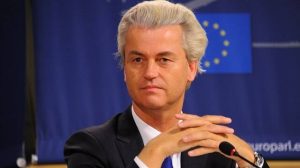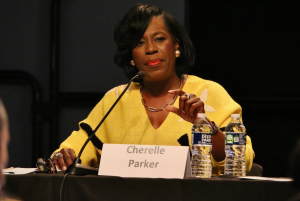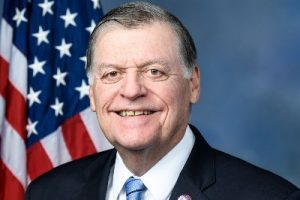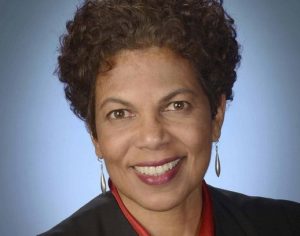Leftist opposition candidate Xiomara Castro claimed victory in Honduras’ presidential election Sunday, setting up a showdown with the National Party which said its candidate had won a vote that could end the conservative party’s 12 years in power.
“We win! We win!” Castro, Honduras’ former first lady who is making her third presidential run, told cheering Liberty and Re-foundation party supporters. ”Today the people have made justice. We have reversed authoritarianism.”
Preliminary results released late Sunday by the Electoral Council showed Castro with 53% of the votes and Asfura with 34%, but with just 16% of voting stations counted. The council said turnout was more than 68%.
Also read: UNWTO: Global tourism to incur losses of $2 trillion for second successive year
Honduras’ long-ruling National Party announced on its Twitter account that its candidate, Tegucigalpa Mayor Nasry Asfura, had won.
The competing claims of victory came just hours after the National Electoral Council reminded parties that such announcements were prohibited and violators would be fined. The claims raised fears of street protests and violence and some businesses on Tegucigalpa’s main boulevard boarded over their windows as a precaution.
In 2017, after a protracted election filled with irregularities, protesters filled the streets and the government imposed a curfew. Three weeks later outgoing President Orlando Hernández was declared the winner despite the Organization of American States observation mission calling for an election re-do. At least 23 people were killed.
Also read: Singapore to resume flights to India from today: Check details here
Late Sunday, Castro promised a permanent dialogue with the Honduran people and said beginning Monday she wanted to open conversations with all sectors of Honduran society and international organizations to seek solutions for the Central American country, which is recovering from two major hurricanes, troubled by gangs and enduring corruption and high poverty. Her husband, the former president, ousted by a military coup in 2009, did not appear on stage with her.
Castro rode a wave of discontentment with the National Party’s 12-year reign. Hernández became a national embarrassment with U.S. federal prosecutors in New York accusing him of running a narco state and fueling his own political rise with drug money. Hernández has denied it all and has not been formally charged, but that could change once he leaves office.
Also read: After devastating floods, British Columbia in Canada prepares for more rain
And many believe Hernández isn’t legitimately their president. A friendly court sidestepped the constitutional ban on reelection and Hernández won a 2017 contest filled with irregularities that nonetheless was quickly recognized by the Trump administration.
In addition to a new president, Hondurans on Sunday chose a new congress, new representatives to the Central American Parliament and a bevy of local races.
In the capital’s violence-prone Reparto Abajo neighborhood at least 200 voters remained in a line wrapping around the block waiting for their chance into Sunday evening. Polls were originally scheduled to close at 5 p.m., but the National Electoral Council and international observers called for all of those still in line to be allowed to vote.
Also read: Omicron: List of countries ‘at risk’ and situation in India
At the gate of the Republic of Chile school an increasingly animated crowd fought over whether voting should continue.
Some shouted: “We want to vote!” Others screamed: “Time to close!” The sides appeared partisan with National Party militants wanting to stop voting and their rivals wanting it to continue.
Kevin David Hernández, a 37-year-old cab driver, was one of those shouting at the gate. He said they had locked it right after he voted and exited. “There has been a line here all day,” he said.
A woman dressed in the blue of the National Party, threw her weight against the gate to close it after some voters were allowed to exit. She said her side’s voters had been kept out and those trying to get in now had not respected the line.
Also read: Taliban approaches European Union for help to run Afghanistan airports
Finally, poll workers allowed 100 voters to enter. A handful of riot police with plastic shields and teargas launchers arrived as tensions rose.
All day long, electoral observers and the candidates had called for peaceful voting and respect for the process.
Luis Guillermo Solis, Costa Rica’s former president and leader of the observation mission of the Organization of American States, said late Sunday morning: “We have been in various (voting) centers already and we are seeing more or less the same, long lines of people exercising their civic right.”
Later, he echoed the council’s call to let everyone in line vote.
The council also confirmed in a statement that the webpage allowing voters to see where they were supposed to vote had been down and an initial investigation suggested an attack on their servers. Complaints about the site crashing had started Saturday.






